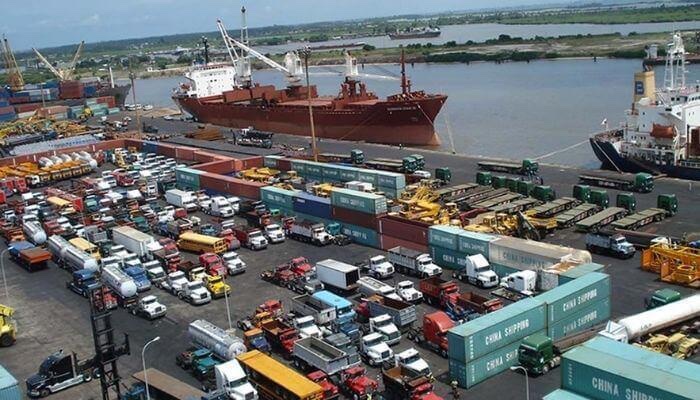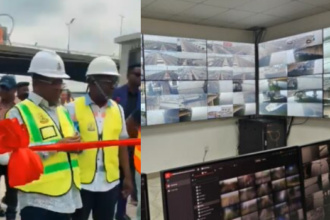The Federal Government of Nigeria has approved a $1 billion (₦1.4 trillion) investment for the comprehensive modernisation of the Apapa and TinCan Island ports in Lagos, marking one of the most ambitious port upgrades in the country’s history.
The Minister of Marine and Blue Economy, Adegboyega Oyetola, announced the approval on Thursday, saying the project is designed to transform Nigeria’s two busiest ports into paperless, technology-driven logistics hubs. He stated that the initiative will enhance cargo handling efficiency, reduce vessel turnaround time, and boost the nation’s competitiveness in global maritime trade.
“The goal is to build a smart, efficient, and sustainable port system that meets international standards,” Oyetola said. “We are committed to deploying technology and automation to eliminate bottlenecks, improve transparency, and make our ports globally competitive.”
The modernisation programme is part of the Federal Ministry of Marine and Blue Economy’s 10-year strategic plan aimed at repositioning the maritime sector as a major driver of economic growth and diversification. The plan prioritises infrastructure renewal, digitalisation, environmental sustainability, and trade facilitation.
Oyetola noted that the project will cover the reconstruction of key port facilities, the installation of smart cargo handling systems, digital integration of customs and clearance operations, and the development of intermodal transport links to ease congestion and support faster cargo evacuation.
He added that similar upgrades will be extended to other major ports across the country, including Port Harcourt, Onne, Warri, and Calabar, in subsequent phases of the national maritime reform agenda.
Industry experts have welcomed the move as a long-overdue intervention to address decades of infrastructural decline and operational bottlenecks that have slowed trade and increased logistics costs. Analysts believe that successful execution could unlock billions in revenue, attract foreign investment, and reduce Nigeria’s reliance on ports in neighbouring countries such as Ghana, Togo, and Benin for transshipment.The Apapa and TinCan Island modernisation project is expected to commence in 2026, subject to procurement and environmental assessment processes.
Source: https://ranksafrica.com/











